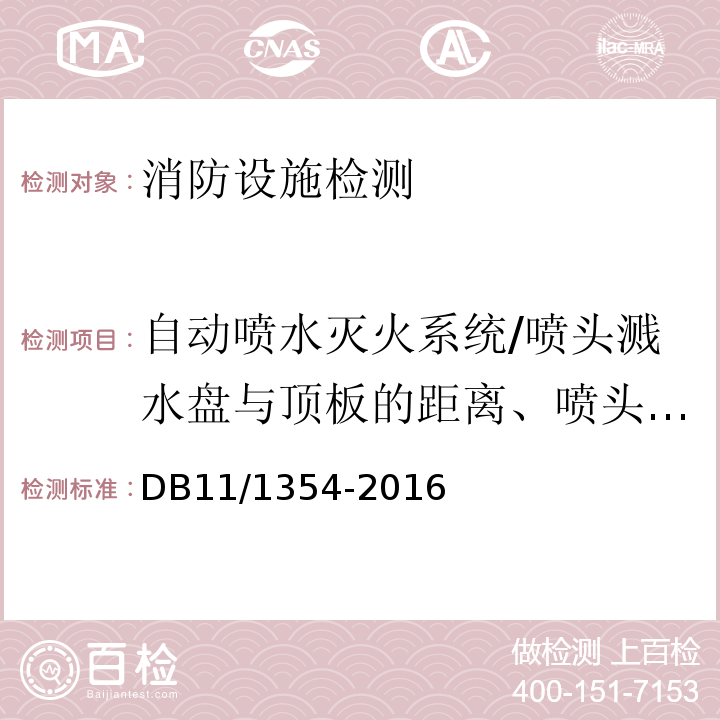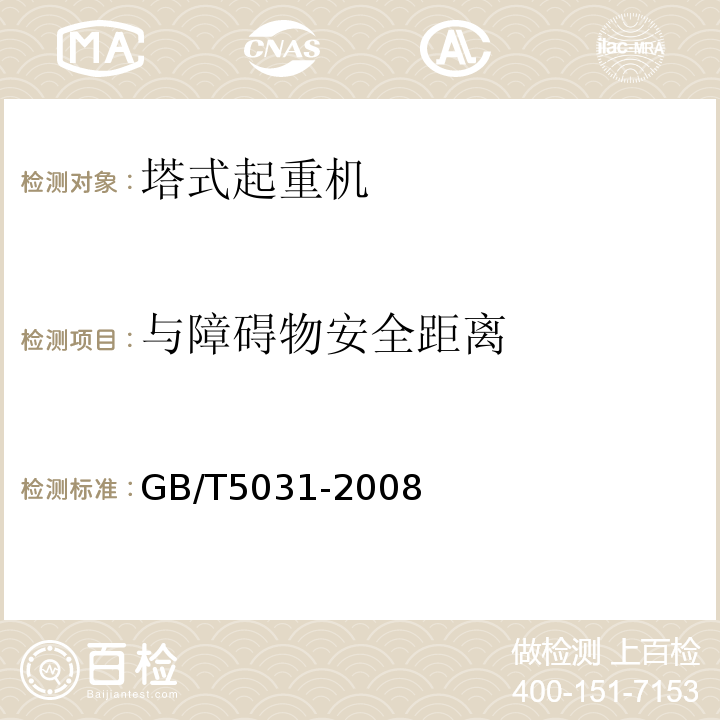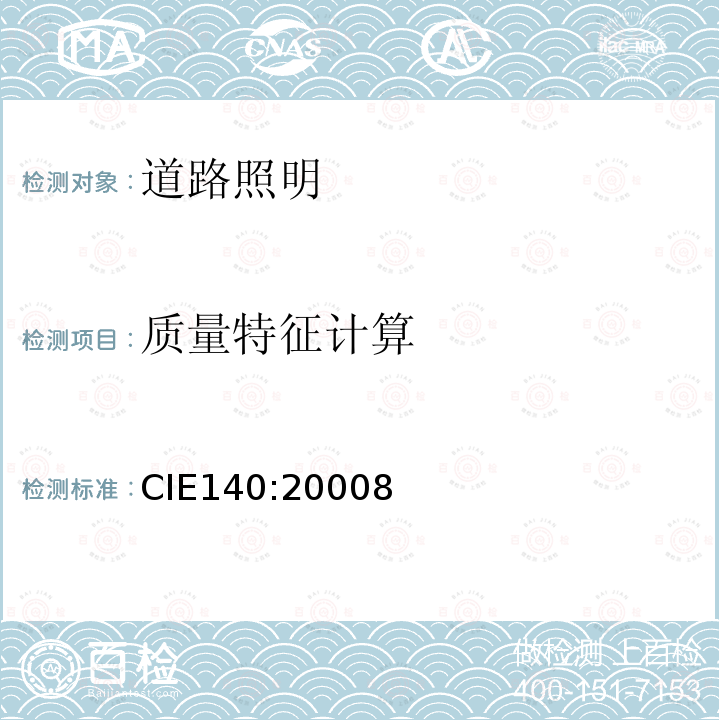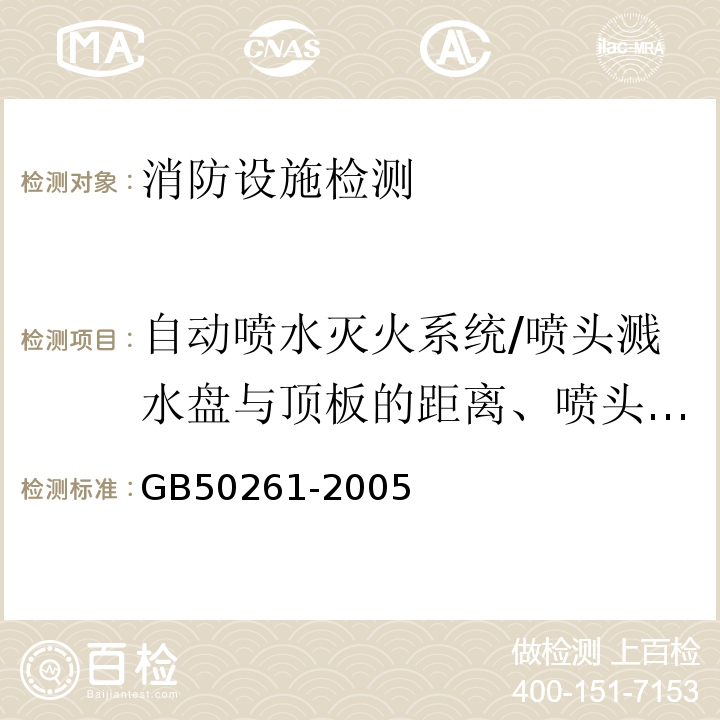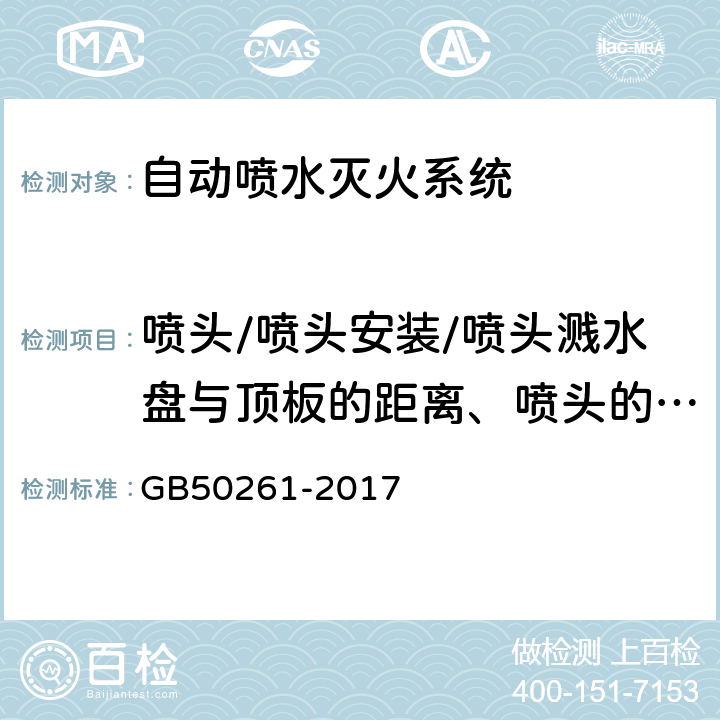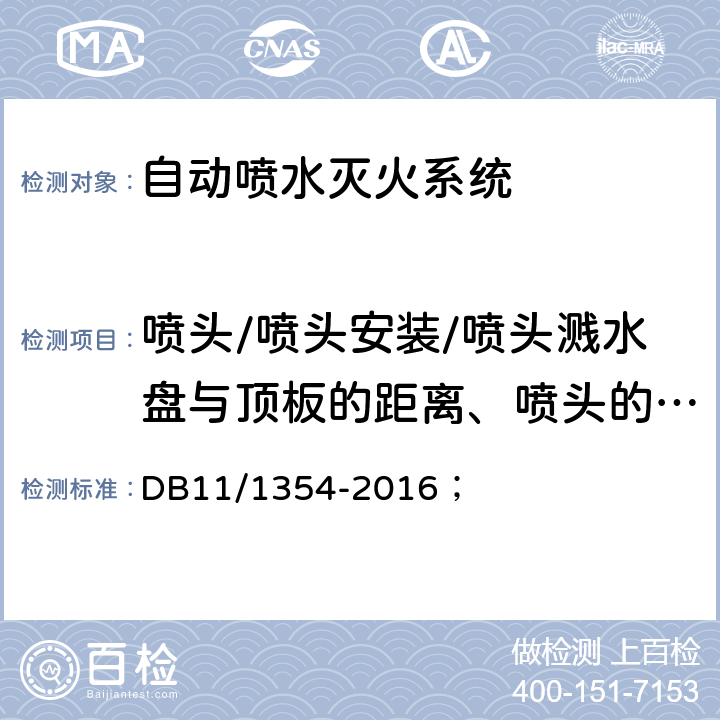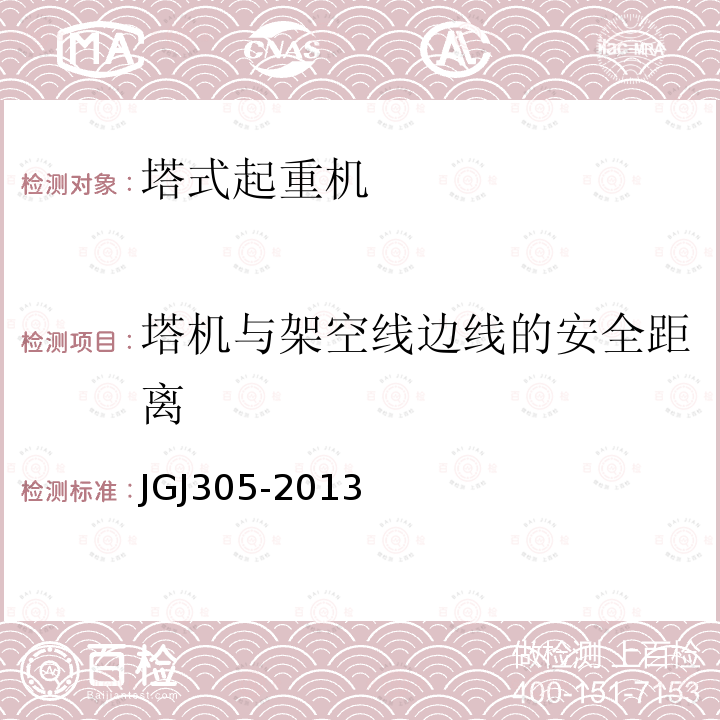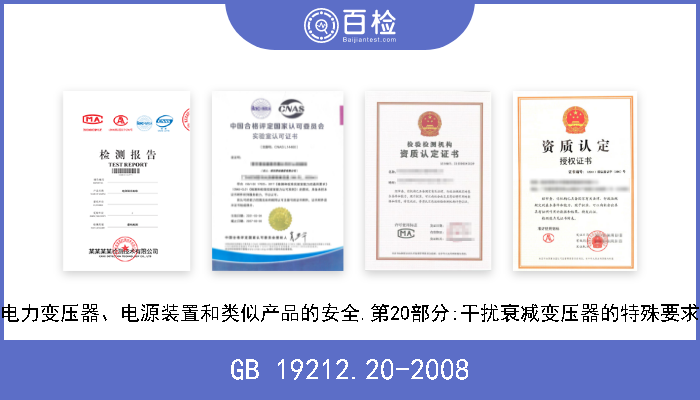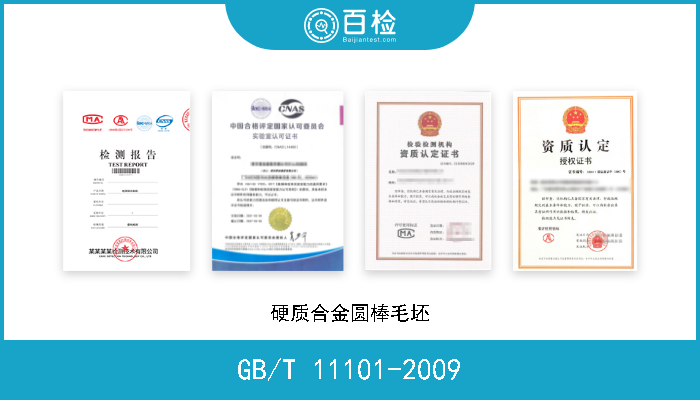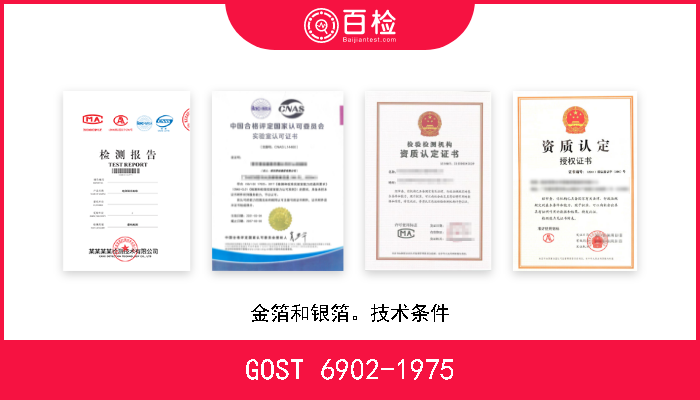IEC 61865-2001 架空线 带电部分与障碍物间距离的电气分量的计算 计算方法
百检网 2021-07-14
标准号:IEC 61865-2001
中文标准名称:架空线 带电部分与障碍物间距离的电气分量的计算 计算方法
英文标准名称:Overhead lines - Calculation of the electrical component of distance between live parts and obstacles - Method of calculation
标准类型:F21
发布日期:1999/12/31 12:00:00
实施日期:1999/12/31 12:00:00
中国标准分类号:F21
国际标准分类号:29.240.20
适用范围:This International Standard provides guidance for the calculation of electrical distances between live and earthed parts required to prevent air-gap breakdown which may endanger members of the public who legitimately come close to live parts. It is applicable only to overhead lines designed to operate at more than 45 kV phase-to-phase a.c. It deals with the electrical component of distances between conductors and movable objects - vehicles on the ground, vessels on water, persons on top of objects or on the ground, wildlife on the ground (but not airborne), etc. This standard does not deal with the following public and worker safety aspects: · stationary objects - structures beneath or next to lines, trees, ground contours, etc. These, in general, require consideration as to whether the structure can be climbed on, the extent to which the tree will grow, etc; · minimum approach distance for live working, which is dealt with in IEC 61472; · capacitive coupling or magnetic induction by overhead lines, such as voltages induced in vehicles under a line, or in pipelines buried alongside it; · currents flowing in the ground that originate from lines and result in step and touch voltages around structures during line faults or lightning strikes; · flashover of line insulators or spark gaps, or a phase-to-phase discharge, resulting in audible and electrical noise and intense arcs; · dielectric breakdown of the air between the conductors and the ground due to large fires beneath conductors; · minimum electrical distances required to prevent discharge to adjacent overhead power or communication circuits. This standard does not give the electrical distance requirements for the design of overhead line structures. Neither does it give the distance requirements for overhead line structures which need to be accessible to workers while the line is energized (for example, distances to line workers or painters). Distances between conductors and the structure of the tower are normally chosen to meet the required operating reliability of the line. It is possible that this distance may not always be adequate to allow live working or, in some cases, access for workers to parts of the structure near to live conductors.
中文标准名称:架空线 带电部分与障碍物间距离的电气分量的计算 计算方法
英文标准名称:Overhead lines - Calculation of the electrical component of distance between live parts and obstacles - Method of calculation
标准类型:F21
发布日期:1999/12/31 12:00:00
实施日期:1999/12/31 12:00:00
中国标准分类号:F21
国际标准分类号:29.240.20
适用范围:This International Standard provides guidance for the calculation of electrical distances between live and earthed parts required to prevent air-gap breakdown which may endanger members of the public who legitimately come close to live parts. It is applicable only to overhead lines designed to operate at more than 45 kV phase-to-phase a.c. It deals with the electrical component of distances between conductors and movable objects - vehicles on the ground, vessels on water, persons on top of objects or on the ground, wildlife on the ground (but not airborne), etc. This standard does not deal with the following public and worker safety aspects: · stationary objects - structures beneath or next to lines, trees, ground contours, etc. These, in general, require consideration as to whether the structure can be climbed on, the extent to which the tree will grow, etc; · minimum approach distance for live working, which is dealt with in IEC 61472; · capacitive coupling or magnetic induction by overhead lines, such as voltages induced in vehicles under a line, or in pipelines buried alongside it; · currents flowing in the ground that originate from lines and result in step and touch voltages around structures during line faults or lightning strikes; · flashover of line insulators or spark gaps, or a phase-to-phase discharge, resulting in audible and electrical noise and intense arcs; · dielectric breakdown of the air between the conductors and the ground due to large fires beneath conductors; · minimum electrical distances required to prevent discharge to adjacent overhead power or communication circuits. This standard does not give the electrical distance requirements for the design of overhead line structures. Neither does it give the distance requirements for overhead line structures which need to be accessible to workers while the line is energized (for example, distances to line workers or painters). Distances between conductors and the structure of the tower are normally chosen to meet the required operating reliability of the line. It is possible that this distance may not always be adequate to allow live working or, in some cases, access for workers to parts of the structure near to live conductors.
百检能给您带来哪些改变?
1、检测行业全覆盖,满足不同的检测;
2、实验室全覆盖,就近分配本地化检测;
3、工程师一对一服务,让检测更精准;
4、免费初检,初检不收取检测费用;
5、自助下单 快递免费上门取样;
6、周期短,费用低,服务周到;
7、拥有CMA、CNAS、CAL等权威资质;
8、检测报告权威有效、中国通用;
客户案例展示
相关商品
版权与免责声明
①本网注名来源于“互联网”的所有作品,版权归原作者或者来源机构所有,如果有涉及作品内容、版权等问题,请在作品发表之日起一个月内与本网联系,联系邮箱service@baijiantest.com,否则视为默认百检网有权进行转载。
②本网注名来源于“百检网”的所有作品,版权归百检网所有,未经本网授权不得转载、摘编或利用其它方式使用。想要转载本网作品,请联系:service@baijiantest.com。已获本网授权的作品,应在授权范围内使用,并注明"来源:百检网"。违者本网将追究相关法律责任。
③本网所载作品仅代表作者独立观点,不代表百检立场,用户需作出独立判断,如有异议或投诉,请联系service@baijiantest.com
行业热点







